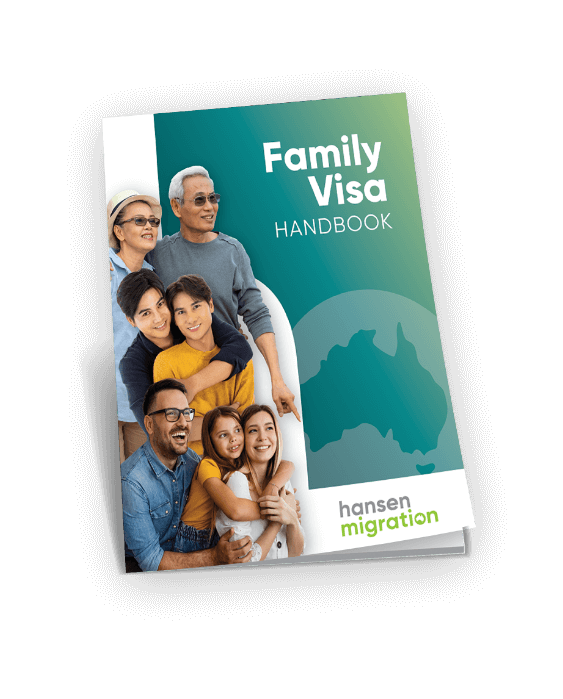Can a permanent resident be deported from Australia?
There are a few reasons that Australian permanent residents could get deported from the country. These include if you have been found to be guilty of a serious crime or you are considered a threat to Australia. If you have been found to be in breach of your visa conditions, you can be removed from the country, which is different from deportation. This means you need to leave the country by a certain date.
How long can a permanent resident stay outside Australia?
As a permanent resident, you stay in Australia forever if you never leave Australia again. A permanent visa is granted with a five-year travel facility, with the ability to leave and enter Australia. Once the five years has expired, you must obtain a Resident Return visa to continue having entry rights to Australia. The biggest requirement for this visa is that you must have spent at least two years in the last five years within Australia. You can find more information about this visa by clicking this link.
Can permanent residents receive HELP (HECS) loans for study?
Australian universities often offer Commonwealth supported places, known as a CSP. These places are subsidised by the government, meaning that the cost the student needs to pay is less and it does not need to be paid back at a later date. If you do choose to study and wish to obtain a CSP spot, you must live in Australia for the entire duration of the course. Most of these courses are offered for undergraduate degrees, although, it is possible to find subsidised courses for postgraduate if that’s the pathway you wish to pursue. Permanent residents, however, are not eligible for HELP loans, which are loans that pay the remaining student contribution amount of your CSP.
Do permanent residents receive Medicare benefits?
You can apply for Medicare benefits if you live in Australia on a permanent visa. If you leave Australia, you will have your Medicare benefits for one year after you leave. If you are outside of the country for over 12 months, you will need to re-enrol upon your return to Australia. Even if you have applied for your permanent visa and are awaiting the decision, you may be eligible to enrol for Medicare. If you are going through the process of appeals for your permanent residency, you may still be eligible for Medicare. You can find the Medicare enrolment forms located on the Services Australia site.









